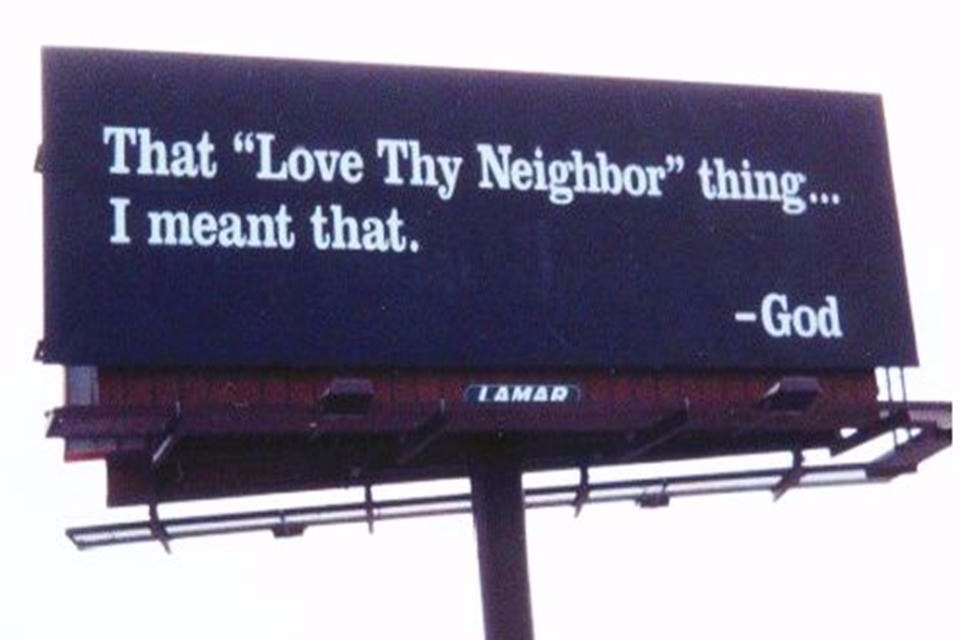Video
Reading
(from Radical Gratitude by Mary Jo Leddy [p. 66-7])
“There are probably as many ways of understanding the great economy of grace as there are people. Some, as I have suggested, may be so moved by the recognition of what they have been given that they may begin to give freely of themselves. Others may come to understand the free gift of God’s love through their practical experience of loving other people.
“This way is forcefully delineated by Dostoevsky in the story of the encounter between “the woman of little faith” and the holy monk Father Zosima in The Brothers Karamazov.
“The woman has come to the holy monk because she has been suffering from doubts about the existence of God. Father Zosima tells her that he cannot prove the existence of God but that it is possible to be convinced. By the practice of active love.
“He explains what he means. ‘Try to love your neighbours actively and tirelessly. The more you succeed in loving, the more you’ll be convinced of the existence of God and the immortality of your soul. And if you attain real complete selflessness in the love of your neighbour, then undoubtedly you will believe and no doubt will even be able to enter your soul. This has been tested. It is certain.’
“The woman replies that she has moments when she dreams of giving up all that she has and becoming a sister of mercy but she knows that there is one thing she could not handle and that would be the ingratitude of those whom she seeks to serve.
“Father Zosima tells her that ‘love in dreams thirsts for immediate action, quickly performed, and with everyone watching. Indeed, it will go as far as the giving of even one’s life, provided it does not take too long but is over as on stage, and everyone is looking on and praising. Whereas love in action is a harsh and dreadful love.’
“What the monk is saying, I think, is that if we are able to continue to live gratefully and generously even (and especially) when we are receiving nothing in return, then we will come to a new understanding of the divine nature of love – which continues unabated even as God is often taken for granted and treated with ingratitude. It is similar to what may happen to a new mother overwhelmed with love for her child – at that moment she may just realize how much her own mother must of loved her.”
Lectio Devina
(click here for a guide on how to engage in this practice):
1 John 4:9-11 New International Version (NIV)
9 This is how God showed his love among us: He sent his one and only Son into the world that we might live through him. 10 This is love: not that we loved God, but that he loved us and sent his Son as an atoning sacrifice for our sins. 11 Dear friends, since God so loved us, we also ought to love one another.
1 John 4:9-11 Amplified Bible (AMP)
9 By this the love of God was displayed in us, in that God has sent His [One and] only begotten Son [the One who is truly unique, the only One of His kind] into the world so that we might live through Him. 10 In this is love, not that we loved God, but that He loved us and sent His Son to be the propitiation [that is, the atoning sacrifice, and the satisfying offering] for our sins [fulfilling God’s requirement for justice against sin and placating His wrath]. 11 Beloved, if God so loved us [in this incredible way], we also ought to love one another.
1 John 4:9-12 The Message (MSG)
7-10 My beloved friends, let us continue to love each other since love comes from God. Everyone who loves is born of God and experiences a relationship with God. The person who refuses to love doesn’t know the first thing about God, because God is love—so you can’t know him if you don’t love. This is how God showed his love for us: God sent his only Son into the world so we might live through him. This is the kind of love we are talking about—not that we once upon a time loved God, but that he loved us and sent his Son as a sacrifice to clear away our sins and the damage they’ve done to our relationship with God.
11-12 My dear, dear friends, if God loved us like this, we certainly ought to love each other. No one has seen God, ever. But if we love one another, God dwells deeply within us, and his love becomes complete in us—perfect love!

